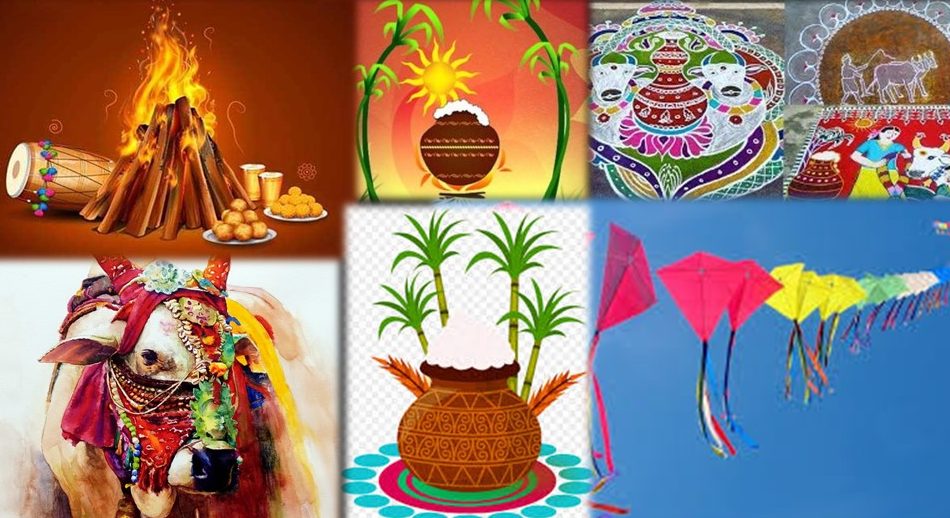
Sankranti in Telugu states is a vastly celebrated festival. The Sankranti is observed each year in mid-January.
Sankranti is a harvest festival.
Farmer families celebrate the arrival of the very first crop by sharing it with relatives, neighbours, workers and others.
In villages in Andhra Pradesh and Telangana, this is the season to get the first crop, the first bag of paddy and they Share it with everyone.
Sankranti festival is astrologically connected.
Sankranti is also astrologically linked. The Makar Sankranti is celebrated when the sun enters Makar rashi (Capricorn) which marks the end of winter.
The festival is observed on a day which generally falls on 14 January of Gregorian calendar, but sometimes 15 January.
Four-day Sankranti In Telugu States.
The Sankranthi festival is celebrated for mainly three days, however some people celebrate it for four days.
Day-1: Bhogi
The day preceding Makara Sankranti is called Bhoghi. This is the day people throw away old and derelict belongings and distillate on brand-new things causing change or transformation.
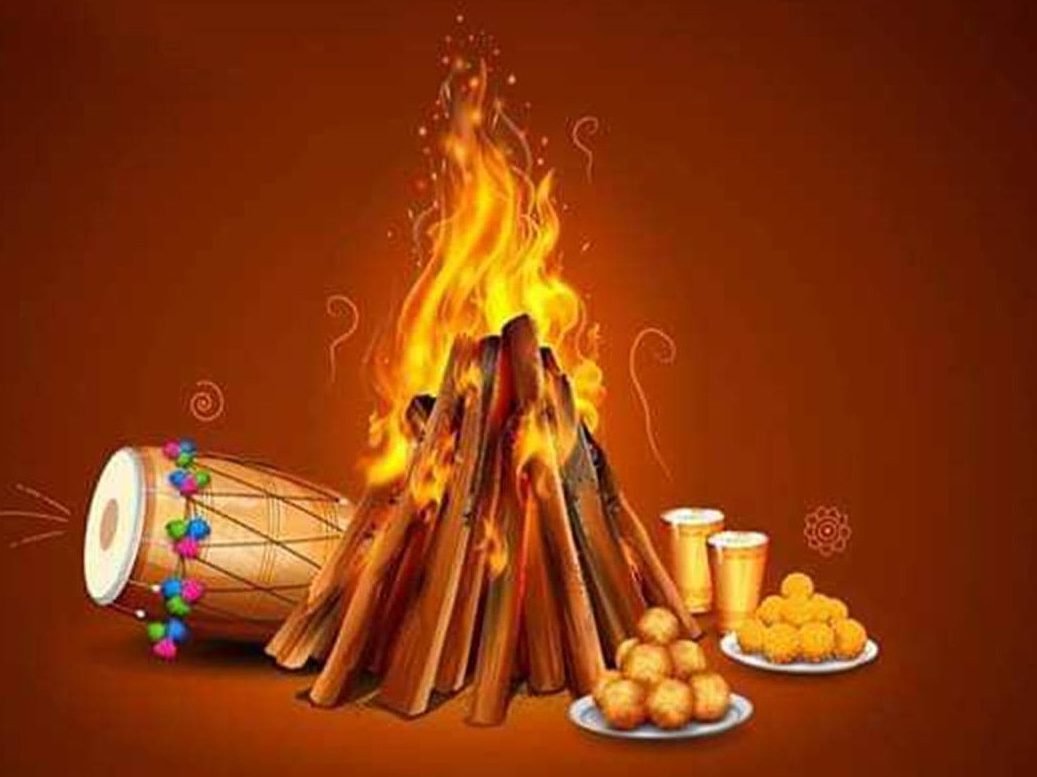
In the early morning, people light a bonfire with logs of wood, other solid fuels and wooden furniture that are no longer useful.
Day- 2: Makara Sankranti
People on the day of Makara Sankranti wear new garments, pray to God, and make offerings of traditional food to ancestors who have died.
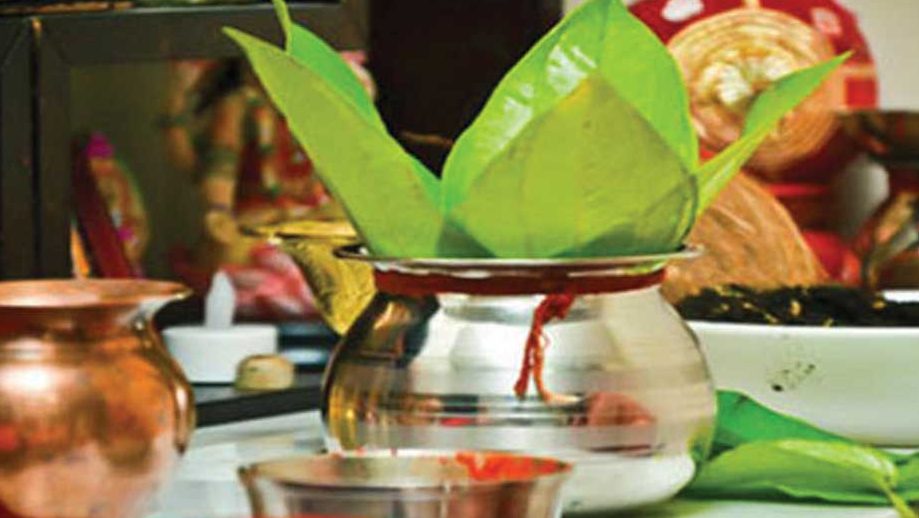
Women on this day make attractive and ornate drawings and patterns on the ground with chalk or flour, called “muggu” in front of their homes.
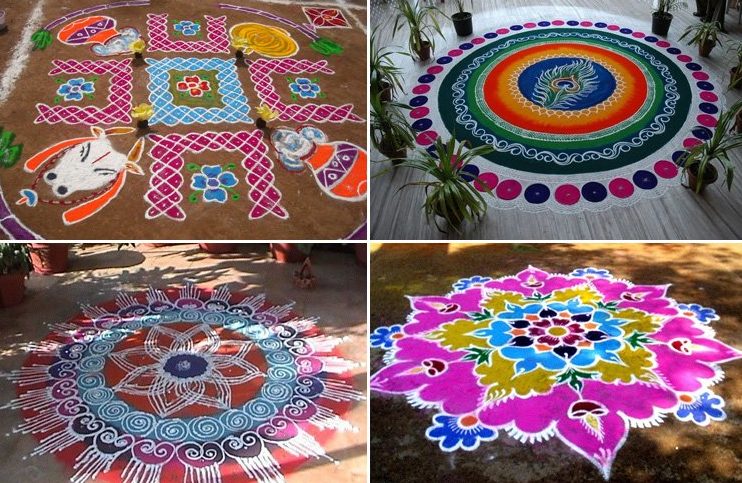
These drawings are decorated with flowers, colours and small, hand-pressed piles of cow dung, called “gobbemma”.
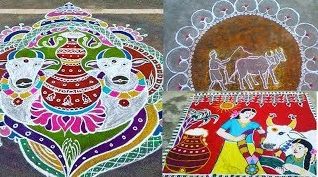
Day-3: Kanuma
The third day is Kanuma. The ‘Kanuma’ day is very close to the hearts of Farmers for the reason that it is the day for praying and showcasing their cattle with honor.
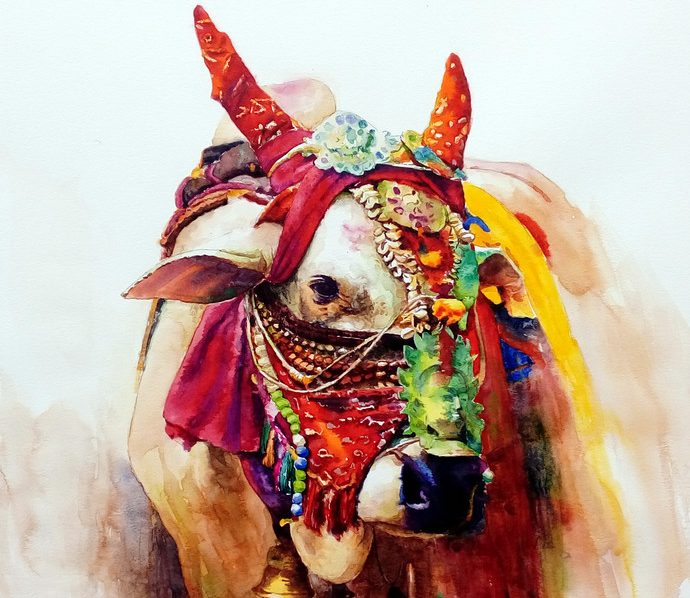
Cattle are the symbolic indication of prosperity. On the day after Makara Sankranti, the animal kingdom is remembered and, in particular, cows and bulls.
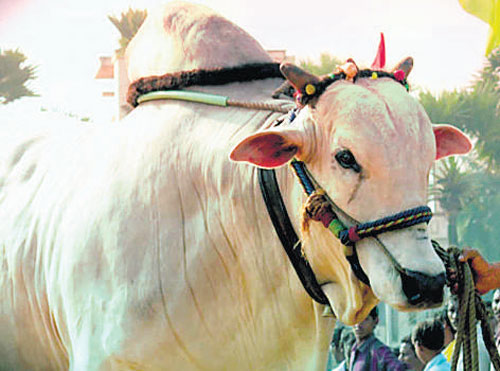
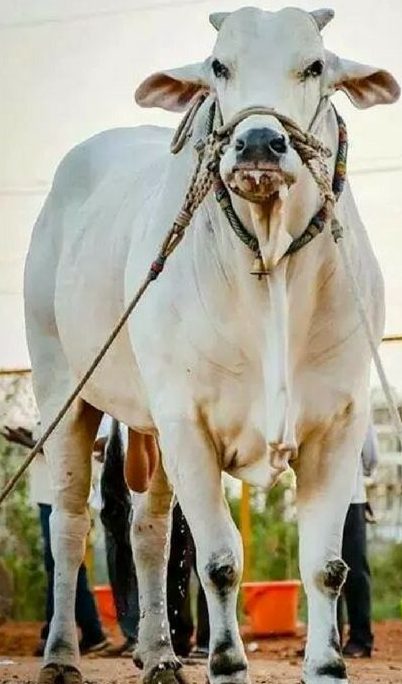
Day-4: Mukkanuma
The fourth day of Sankranti is called Mukkanuma which is popular among the non-vegetarians of the society.
On the day of Mukkanuma, farmers offer prayers to the elements such as soil, rain, fire for helping the harvest.

People in Telugu states do not eat any meat during the first three days of the festival and do so only on the day of Mukkanuma.
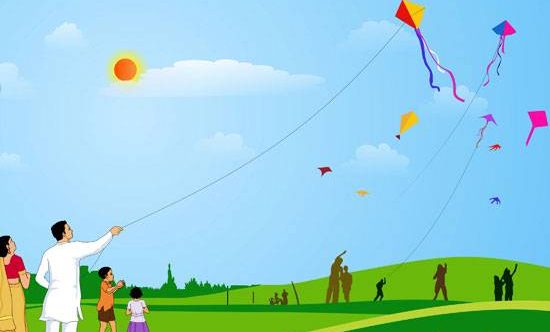
The festival is celebrated with union of families, friends, relatives. People play with kites and the sky is filled with beautiful kites.


































































































